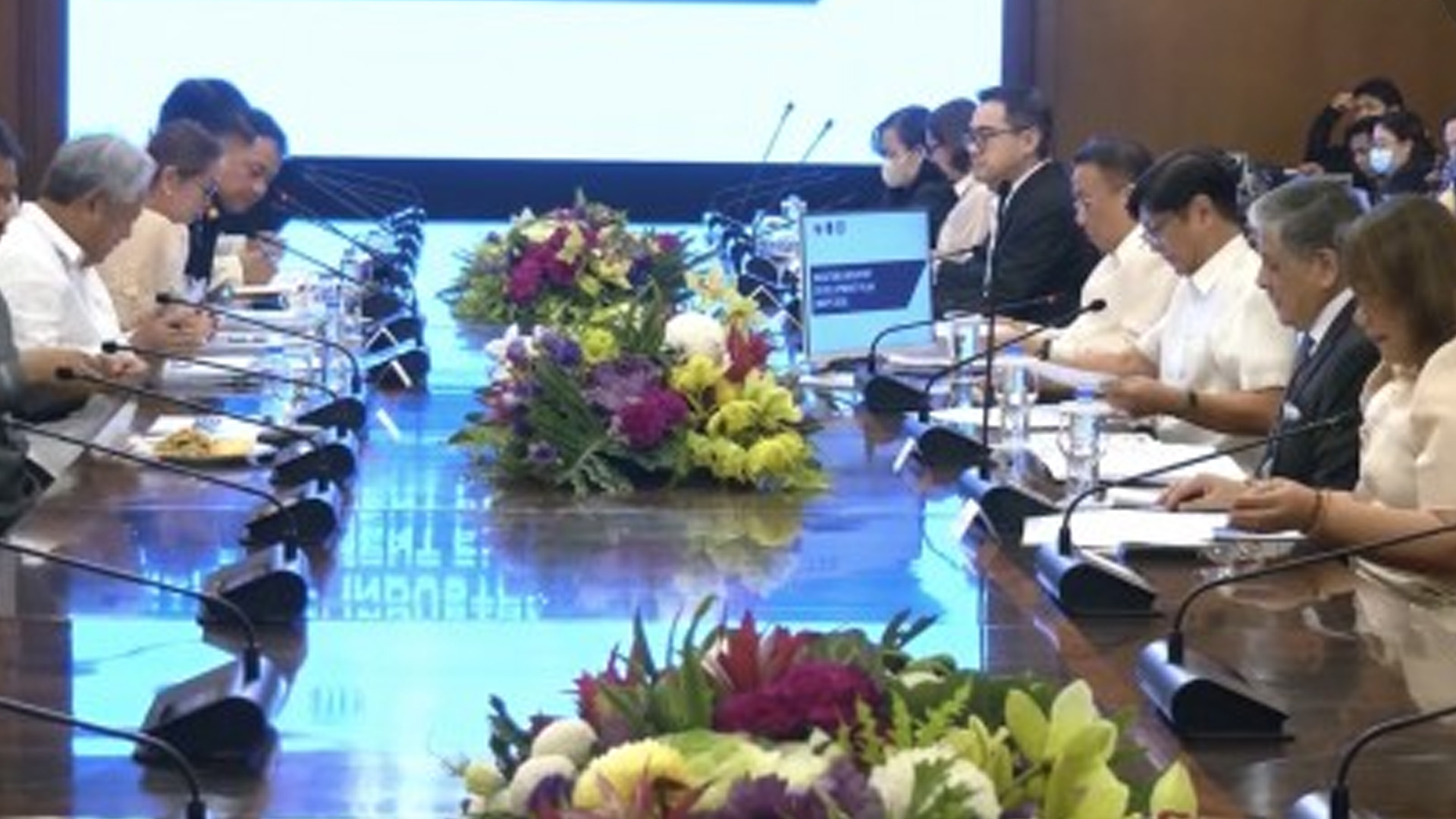President Ferdinand R. Marcos Jr. has directed the Maritime Industry Authority (MARINA) to standardize the Philippine maritime operations and practices to be on par with global standards, Malacañang said Thursday.
Marcos gave the directive in a meeting at Malacañan Palace in Manila on Wednesday, as he stressed the importance of standardization of the maritime sector, Presidential Communications Operations (PCO) Secretary Cheloy Garafil said.
“President Marcos said the problems and challenges cited by MARINA necessitate the standardization of operations and practices in the maritime industry so that proper programs are put in place,” Garafil said.
During the meeting at Malacañang, MARINA chief Sonia Malaluan sought Marcos’ approval of the updated Maritime Industry Development Plan (MIDP) 2028.
Garafil said the MIDP 2028, a roadmap for the integrated development of the country’s maritime industry, aims to build a strong and reliable Philippine Merchant Fleet to address the sea requirements of the country in support of the national development agenda.
The core programs of the MIDP 2028 include modernization and expansion of the Philippine domestic shipping, promotion and expansion of the Philippine overseas shipping, modernization of the Philippine shipbuilding and ship repair industry, and promotion of highly-skilled Filipino and competitive maritime workforce.
Marcos, however, said many of the rules and operations in the maritime sector are obsolete because of the lack of a unified system governing the industry.
He said it is imperative to first provide a standardized system in accordance with international systems before the proposed programs could be implemented.
“These are all promotion, modernization but let us first standardize our systems and at the same time we undertake this like promotion of a highly-skilled Filipino maritime workforce. ‘Yung (The) ship building and ship repair, we haven’t done much to promote that. The rest are for further development,” Marcos told MARINA, as quoted by the PCO.
“So, let’s standardize our practices so that we will be the same as our international counterparts. We have to fix our house first. Because we have to compete and in order to do that we should have an even playing field and then we should gain an advantage,” he added.
Marcos also looked into the high cost of shipping in the Philippines compared to other countries, as he observed that it is cheaper to ship cargos from overseas than locally.
MARINA told Marcos that domestic shipping is relatively expensive compared to others because of several factors, which include vessel size, the imposition of excise tax on fuel and vessel quality.
The agency said vessels with international routes are huge and thus enjoy economies of scale that reduce travel cost and fares.
“In terms of excise tax, any ship that travels internationally is not subject to excise tax on their fuel. In the Philippines, domestic shipping carries the burden of additional tax on fuel,” Garafil said, citing MARINA’s reason.
“One of the issues is vessel quality, with the Philippines having old fleets making them inefficient, MARINA said, adding there is also lack of interest from investors to put money in the local shipping industry,” she added.
Garafil said MARINA stressed the need to change the current maritime policy, considering that the government still allows 20-year-old passenger ships to operate and 25-year-old vessels to haul freight.
Created in June 1974, MARINA is mandated to integrate the development, promotion and regulation of the Philippine maritime industry.
MARINA’s primary goal is to lead a progressive maritime administration that ensures safety and security of life and property at sea, protection of marine environment and global competitiveness of the Filipino maritime workforce.
By virtue of the Maritime Industry Decree of 1974, MARINA is directed to prepare and annually update the MIDP that reflects the rational and integrated development of the industry.
The updated version of MARINA’s MIDP 2028 presented to Marcos features three overriding programs, four core programs and one enabling program. (PNA)







